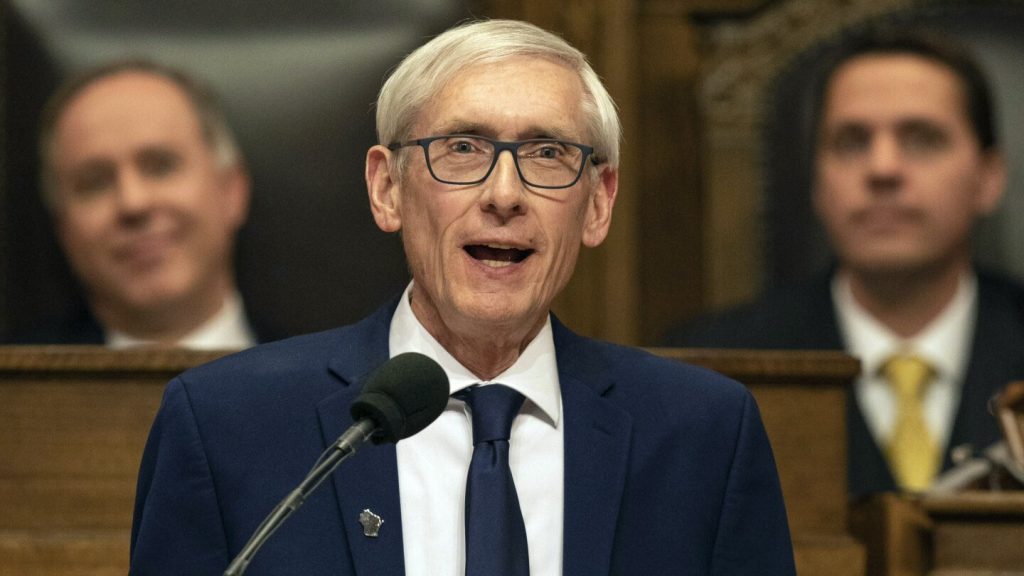The Republican bill vetoed by Democratic Gov. Tony Evers in Wisconsin would have allowed 14- and 15-year-olds to work without parental consent or a state permit. The bill was passed by the Legislature with all Republicans in support and Democrats against it. Despite efforts by federal investigators to crack down on child labor violations, Evers vetoed the bill to protect children from potential exploitation or dangerous working conditions. The veto was praised by Stephanie Bloomingdale, president of the Wisconsin AFL-CIO, who emphasized the importance of the work permit process in keeping children safe on the job.
Supporters of the bill argued that eliminating the work permit system would reduce red tape for employers and teenage job applicants, ultimately strengthening the state’s workforce. However, opponents, including organized labor, raised concerns about the lack of protection for the health and safety of minors without a work permit in place. The proposal would not have altered state laws regarding the number of hours minors can work or prohibited them from engaging in dangerous jobs. Governor Evers vetoed the bill during a meeting of the Wisconsin State Council of Machinists, indicating his commitment to protecting the welfare of young workers.
This veto marks a continuation of Evers’ efforts to safeguard child labor laws in Wisconsin. In 2017, then-Gov. Scott Walker signed a bill that eliminated work permit requirements for 16- and 17-year-olds. The bill vetoed by Evers aimed to extend this exemption to younger minors, aged 14 and 15. Additionally, Evers had previously vetoed a bill that would have allowed 14- and 15-year-olds to work later hours during the summer. The governor’s decision reflects a commitment to maintaining existing protections for young workers in the state.
By vetoing the bill, Evers emphasized that simply increasing the number of children in the workforce is not a viable solution to address statewide workforce issues. He highlighted the importance of the work permit process in ensuring that children are not exploited or exposed to unsafe working conditions by unscrupulous employers. With the support of the Wisconsin AFL-CIO and other advocates for workers’ rights, Evers’ decision to veto the bill underscores the importance of prioritizing the well-being of young workers in Wisconsin. Republicans, who lacked the votes to override the veto, were unable to push through the proposed changes to child labor laws in the state.
The debate over child labor laws in Wisconsin reflects broader discussions surrounding workforce development and the protection of minors in the workplace. While some argue in favor of reducing regulations to promote economic growth and job opportunities for teenagers, others emphasize the need to maintain safeguards that protect young workers from exploitation and hazardous conditions. Governor Evers’ decision to veto the bill represents a stance in favor of upholding existing protections and ensuring that children in the workforce are treated fairly and safely. The ongoing dialogue between supporters and opponents of the bill highlights the complex considerations involved in regulating child labor and protecting the rights of young workers in the state.


